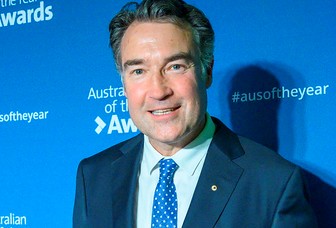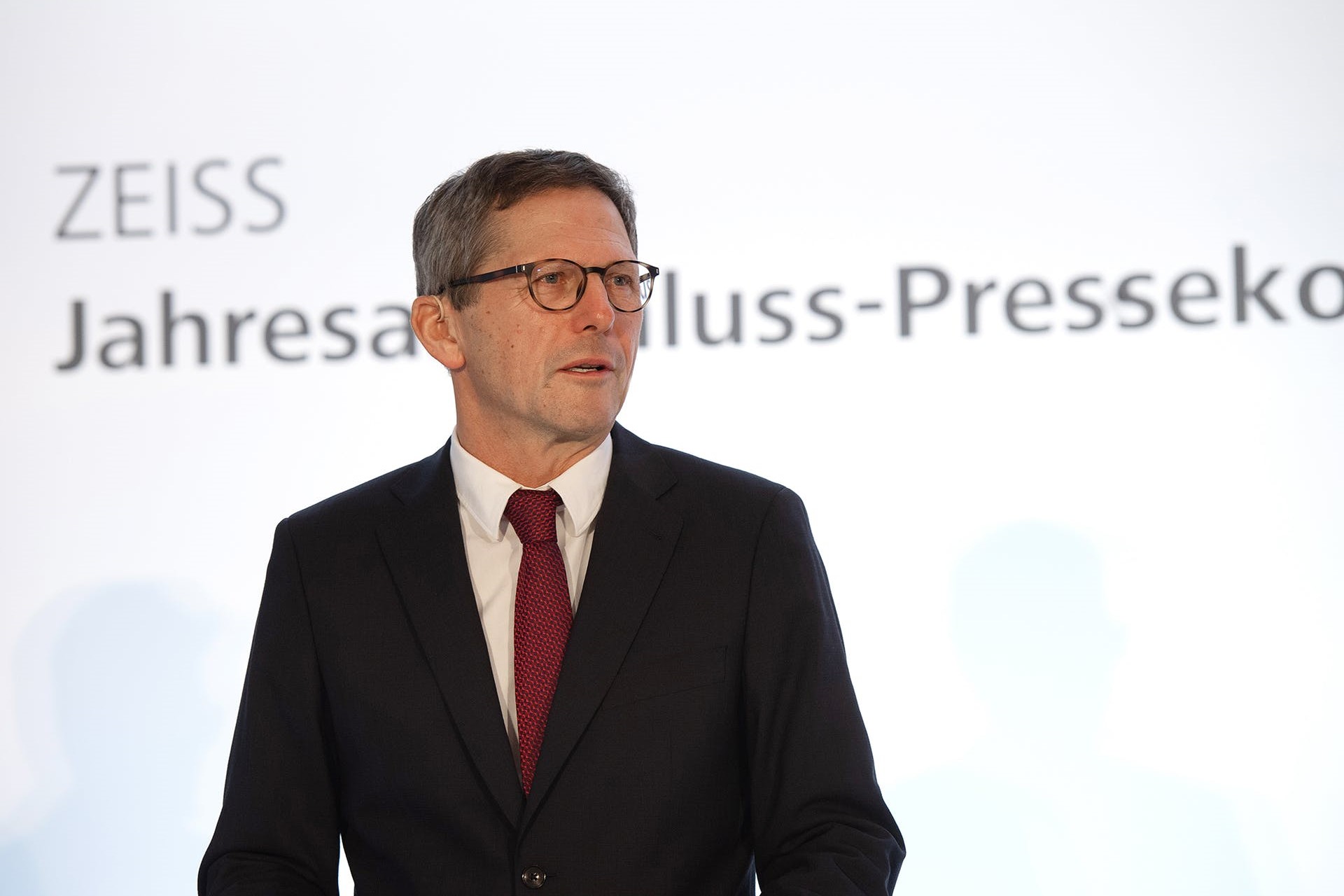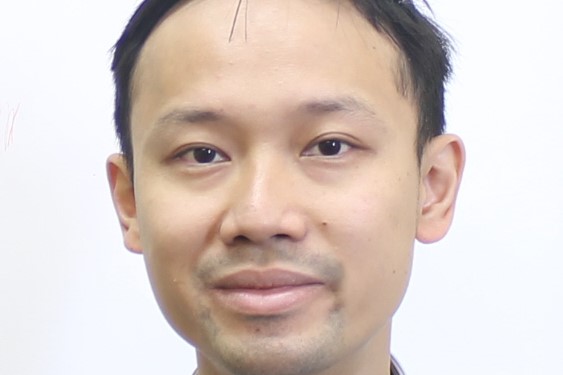Tackling the business of practice management
After three long years since the last face-to-face RANZCO meeting in Australia, I was excited to head to the airport, board the plane and join colleagues from around New Zealand and Australia in Brisbane.
Given my very clinical background, I was nervous about being surrounded by so many experienced practice managers, but everyone was made to feel very welcome. The old adage ‘there’s no such thing as a stupid question’ certainly was true in this environment – which meant I learned a lot from talking to others and asking many questions!
Saturday morning started off with a 10-minute stretching session! This was very well received and I thought it was a great way to start the day.
Tracey Gardiner, senior trainer for occupational violence prevention at Health Industry Employment Services, spoke to us on managing aggressive patients, something most of us have had to deal with. She described de-escalation strategies in relation to phone calls as well as in-person interactions. Some take-home messages were to appear calm and listen to the patient’s concerns, ensure you understand their reasons for being aggressive and offer solutions if at all possible. She warned against making promises you cannot keep and said it’s essential you document everything accurately after the discussion. Following this was the very engaging Angela Mason-Lynch from Avant Mutual, who discussed severing the doctor-patient relationship and reminded us that a difficult patient may have a legitimate complaint, even when they are acting in an inappropriate manner.

Tracey Gardiner, Health Industry Employment Services
The professional balancing act
My favourite speaker from the conference was David Wenban, managing director of the Australian Health Industry Group, who presented three times. I found it very interesting when he discussed a PricewaterhouseCoopers study which compared the ranking senior leaders believed their employees gave the Employee Value Propositions (EVP) with their actual employee ranking. The data showed a very clear mismatch between what was deemed important to each party. One example was leaders placing the most value on ‘values alignment between worker and organisation’, whereas employees ranked this the 16th most important EVP. ‘Working with good co-workers’ topped employee rankings, while leaders placed it 13th. Having EVP alignment can assist in recruiting and retaining staff, which is a timely topic, with ‘the great resignation’ impacting practices on both sides of the Tasman.
Wenban also discussed the importance of work-life balance, both as managers and as role models in our practice. This resonated with me personally, as I have a habit of not switching off and I’d not really considered the impact of that on the teams I lead. The concept of ‘quiet quitting’ was new to me, but essentially describes the way some employees are taking steps to avoid burnout and maintain some work-life balance. Examples included leaving work on time and not responding to work emails outside of working hours. Wenban linked work-life balance with evidence showing stress impacts your physical health, immunity and, of course, mental health.
Another highlight was listening to Jane Schuller, non-executive director and former Orthoptics Australia president, whose presentation was called ‘Ophthalmology 101 – a guide to triaging referrals and more’. A very engaging presenter, Schuller discussed the introduction of a dedicated orthoptist triage role and the positive effect it had on waitlist numbers. She shared their process to ensure this role’s success and provided links to freely available online resources. The final part of the presentation focused on the triage itself and how to make this effective and efficient. Schuller showed us a spreadsheet to allow data to be analysed by symptom and doctor’s subspecialty, which is particularly helpful in multi-doctor practices. Needless to say, a spreadsheet will be formulated for our practice in the coming weeks!
Overall, I found the content very relevant and interesting. Planning is underway for next year in Perth and I am sure the organising committee would love to see more delegates from New Zealand.
Marie Taylor is a registered nurse who has been working in various ophthalmology roles in Auckland and Christchurch for over 20 years. She’s currently the operations manager and clinical research manager at Southern Eye Specialists in Christchurch.
























